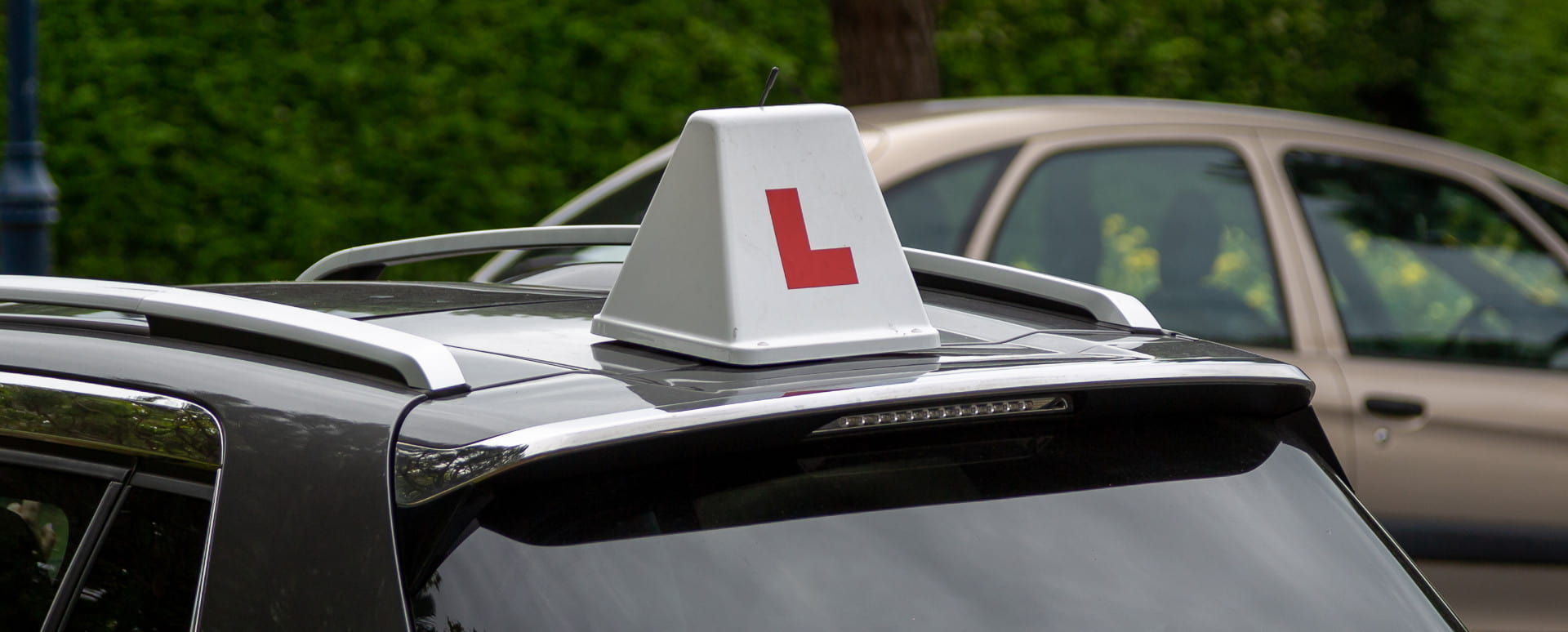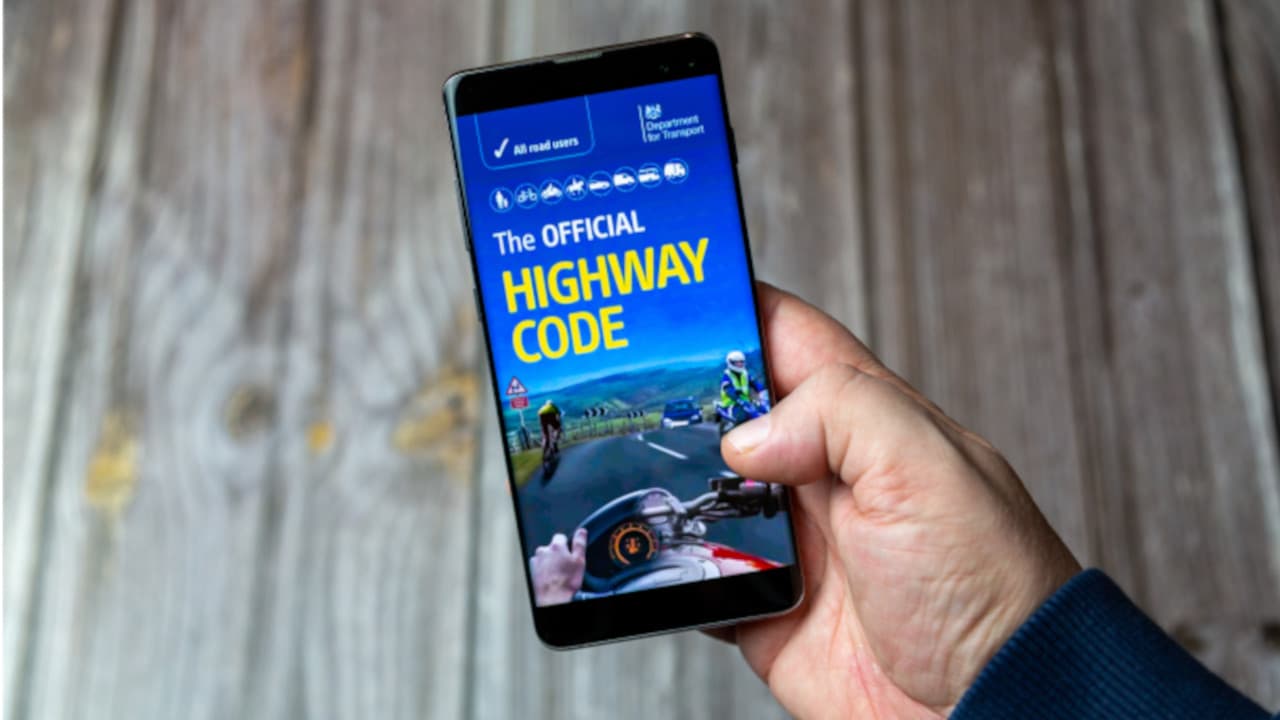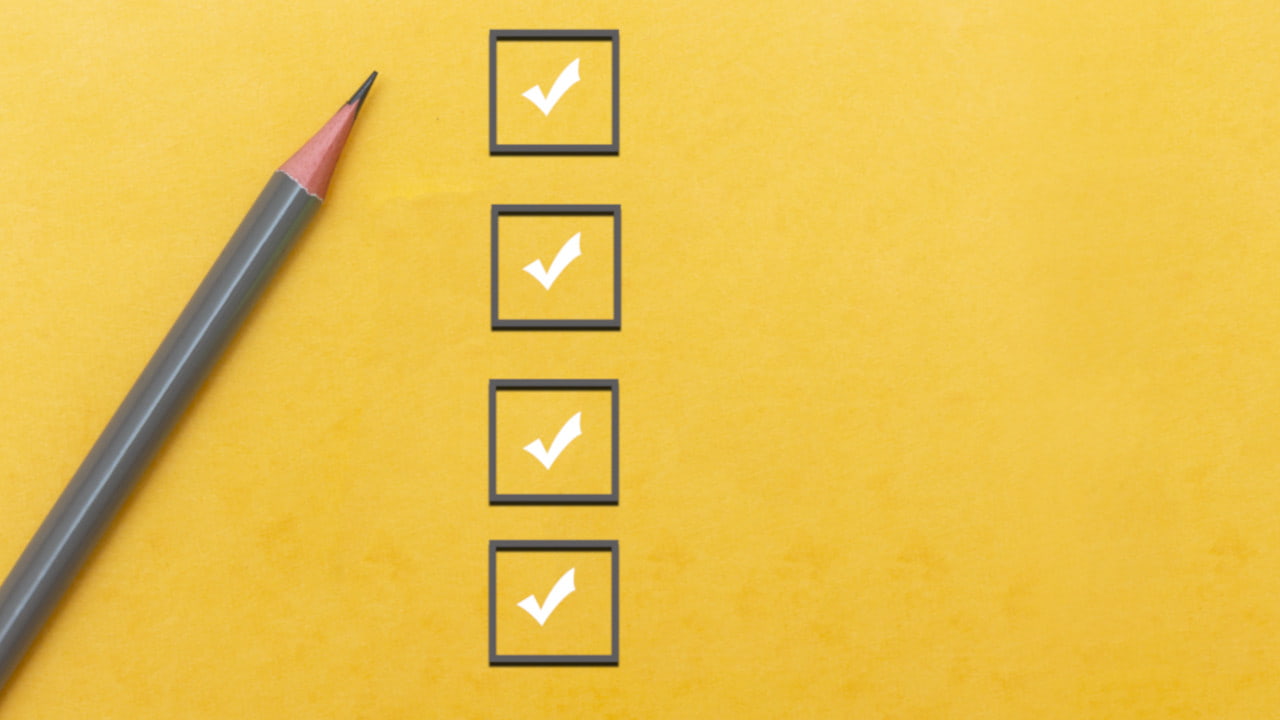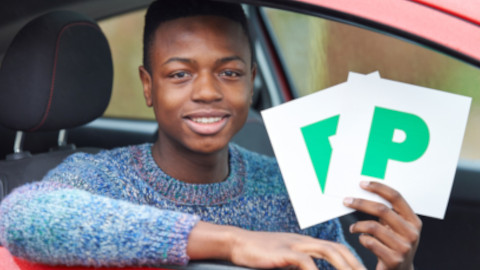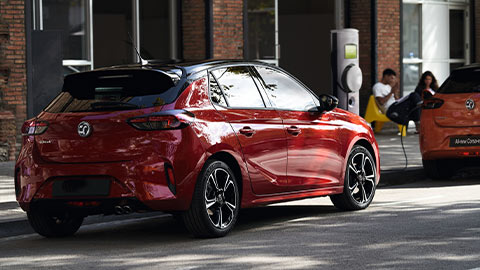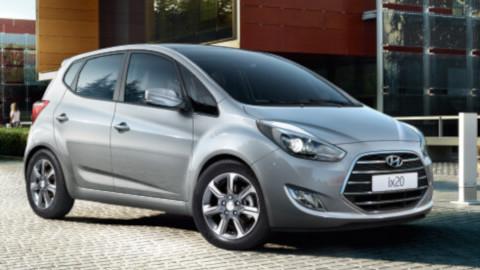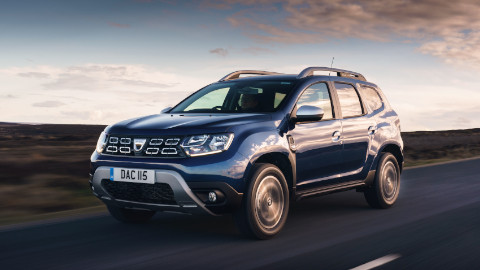How to Pass Your Theory Test
30th Nov 2023
By Ellie Brown
How to pass the theory test first time
Before you can become a fully-fledged driver, you'll have to perfect your technical knowledge. Practice, patience, and hard work can all help you to feel confident in breezing through your theory test first time.
If you're feeling swamped and unsure of where to start with your theory test, you're not the only one. It's easy to feel overwhelmed with the weight of information that comes with learning to drive.
Rest assured, we've compiled a list of expert tips to make sure you're feeling geared up for your theory test.
Contents
Take mock theory tests
The highway code should become your best friend when preparing for your theory test. After all, it's what the test revolves around.
Taking as many mock tests as possible will help you to understand the timings of both tests and put your study efforts into perspective.
There are plenty of revision aids accessible online. The official DVSA theory test kit app has an array of features that will prepare you for the multiple choice question test and the hazard perception parts alike.
If you're old-school, you may want to grab a copy of the DVSA official theory test handbook, which is full of example questions and plenty of other useful information to improve your road knowledge.
Be prepared for the day
Making sure you're fuelled for the day means you'll be fresh and alert during your test. This is especially helpful for your hazard perception test, as you'll need to be ready to spot hazards as soon as they come into view.
Getting plenty of sleep and making sure to eat beforehand is every bit as relevant when it comes to your practical test, too, so make sure to carry this advice with you.
It's equally important to understand exactly where your test centre is and how you're going to get there. Arriving at the test centre 30 minutes early will minimise stress on the day and give you enough time to breathe before your test.
Bringing along your provisional driving licence is also essential to take your theory test, so make sure to double-check that you have it with you, or there will be no test (and no refund).
Know what to expect
Understanding what to expect may seem like an obvious driving tip, but it's a critical one.
Your theory test will consist of:
- Multiple choice questions: During the test, you’ll have 57 minutes to answer 50 multiple choice questions. If you're unsure of anything, hit the flag button. By flagging questions, you can quickly go back to them before the end of the test.
- A 3-minute break: Use this time wisely by having a drink of water, and don't forget to breathe.
- Hazard perception test: You have up to 20 minutes to complete this section. The test consists of 14 one-minute video clips; each has a hazard to spot, and one clip has two hazards.
Frequently Asked Questions
The theory driving test typically takes just over an hour to complete, consisting of a 50-minute multiple choice section and a 15-minute hazard perception test.
The hazard perception test evaluates your ability to identify potential hazards on the road. It involves watching a series of video clips and clicking when you perceive a developing hazard.
The multiple choice section comprises questions based on the contents of the Highway Code. It covers various aspects of driving theory, including road signs, rules, and general safety guidelines.
If you fail your theory test, you can book a retest at your convenience. You must book and take the full test again, even if you passed one section this time. You have to wait at least 3 working days before taking your test again.
What's to do after you've passed your theory test
Once you've passed your theory test, the next step on your journey to becoming a licensed driver is booking your practical driving test.
Before doing so, consider taking additional driving lessons to fine-tune your skills and build confidence on the road. Practice regularly with a licensed instructor or a qualified supervisor to ensure you're well-prepared for the challenges that may arise during the practical test.
For more driving guides and essential tips, visit our blog section that's regularly updated with the latest advice and insights.

